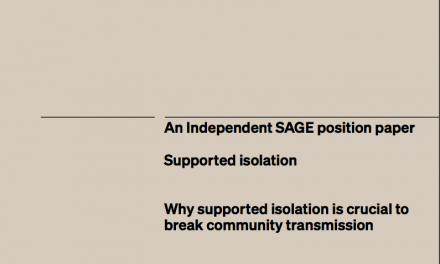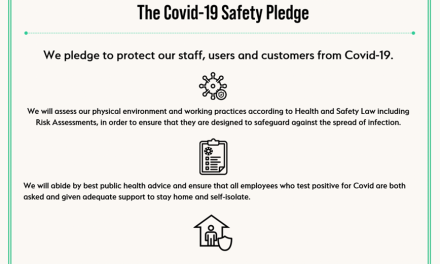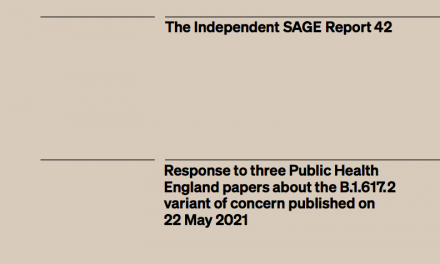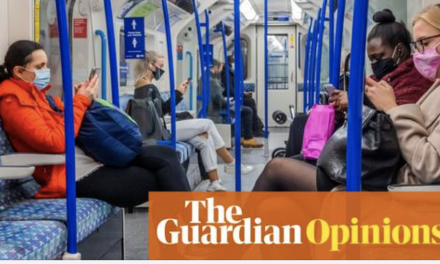We welcome the opportunity for people shielding to form support bubbles with one other household, to meet people outside, and to resume more normal activities from 6th July. This will help to reduce the isolation, loneliness and mental ill health that some have experienced. It will help them to access more social support and join together with friends. At the same time, we urge those shielding to continue to use protective measures such as maintaining physical distance from others, frequent handwashing, avoiding touching their face while out and about, wearing a face covering if crowded spaces cannot be avoided (e.g. public transport).
However, we have deep concerns about the plans for shielding to be ‘paused’ on 1st August. At the same time that ‘pausing’ is implemented, statutory sick pay for those shielding will be stopped. The free food boxes that have been provided by the government for those shielding will also be stopped. In addition, the new guidance on ‘pausing’ includes the advice that “you can go to work, if you cannot work from home, as long as the business is COVID-safe.”
Each of these three factors will increase the pressure on people shielding – particularly those on low incomes – to go back to work when they have legitimate concerns about the risks of doing so. It also assumes that employers will be able to provide “COVID -safe” environments. The evidence already shows – for instance, from flare-ups of COVID-19 infection in the food processing industry – that this is particularly difficult in industrial, precarious, and low-paid work.
We note that ‘pausing’ also coincides with the alterations to the furlough scheme. From the beginning of August, furloughed workers will be asked to return to work part-time with employers being asked to pay a percentage of the salaries of their furloughed staff. We expect that this will increase the incentives of firms to ask people shielding either to return to work, when they may not feel confident that they can do so without harm to themselves, or to lay people off who refuse to return part-time.
Enacting this combination of government policies is likely to further harm already disadvantaged groups who have been shown to be disproportionately affected by COVID-19. They will produce pressure on those shielding to return to work with potential risks to their health and with the threat that if they do not they will be seen as a cost to companies and may be made redundant. This has the potential to reinforce socio-economic disadvantage and health disparities especially for shielding members of BME communities and precarious workers. As a more equitable alternative to these policies we recommend that the government:
- Removes the ‘return to work’ advice from the guidance on the pause in shielding on 1 August.
- Ensures that there is no pressure from employers for people shielding to return to work until scientific studies have been carried out in the actual environments of workplaces about risks of transmission. We have, at present, very little evidence about how to ensure “COVID -safe” working practices in various industries and the service sector.
- Consults with shielded persons, relevant charities, and unions who are protecting the interests of shielding people about the implications of their current policies and develops new ones.
- Reviews the potential joint impact of changing statutory sick pay, Treasury furlough and central government shielding policies as they may disproportionately impact minority ethnic groups and precarious workers.
- Introduces new employment regulations at the central level that prevent discrimination against people shielding because they are vulnerable to COVID-19.
- For those returning to work, a full Risk Assessment is carried out by employers and individuals are given PPE and/or adjustments are made to their working environment.
Independent SAGE
June 30th 2020




